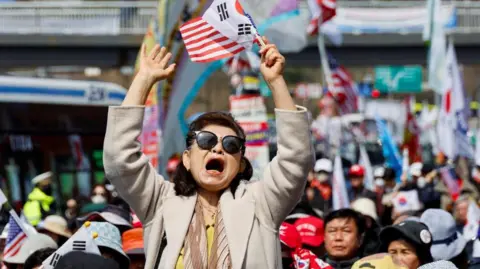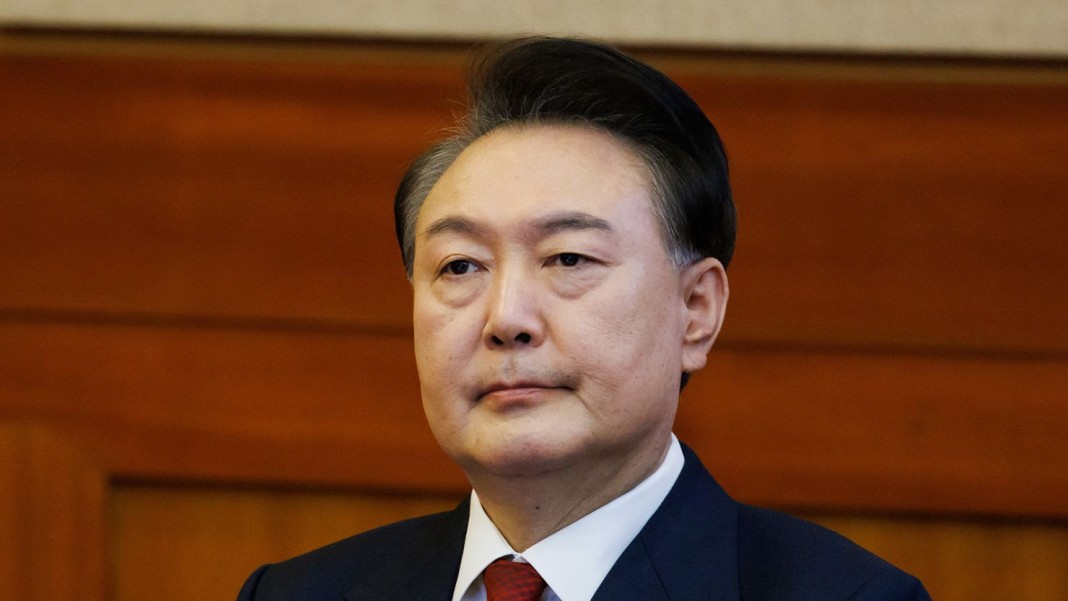South Korean President Yoon Suk Yeol has been officially removed from office after the Constitutional Court upheld his impeachment by parliament. This decision followed his controversial attempt to impose martial law in December, which led to his suspension from duty. The ruling, delivered unanimously, was met with a mix of joy and sorrow from the public, with many gathering in Seoul to watch the verdict live.
The court’s decision marks the end of a tumultuous period in South Korean politics, triggered by Yoon’s attempt to deploy military forces to parliament in an effort to secure control over a deadlocked budget bill. His brief but shocking martial law declaration, which lasted only six hours, was widely criticized as an authoritarian power grab. The court condemned Yoon’s actions, stating they violated people’s basic political rights and undermined the rule of law and democracy.
Now that Yoon has been removed, South Korea is facing the challenge of moving forward and repairing the damage caused by his presidency. A snap election is mandated to select his replacement by June 3. However, the political divide that has deepened over the past months will make the election a highly contentious and potentially divisive event. Yoon’s supporters, many of whom view him as a political martyr, continue to back him despite his impeachment. His unsubstantiated claims of a political conspiracy, involving North Korean and Chinese spies, have resonated with a significant portion of the population, further fueling the polarization in the country.
The aftermath of Yoon’s impeachment also raises the question of South Korea’s constitutional future. Calls for constitutional reform are growing, with many arguing that the powers of the presidency should be limited to prevent another authoritarian figure from emerging. However, this would require a level of consensus that might be hard to achieve, given the current political climate.
Yoon’s legal team has criticized the court’s decision, claiming it was politically motivated, while Yoon himself expressed regret for failing to meet the expectations of his supporters but did not directly address the court’s ruling. Although he cannot appeal the verdict, his refusal to step down quietly could create further tension.
As South Korea faces this moment of transition, the country also grapples with a polarized political environment and a looming economic challenge. The new leader will need to navigate these complex issues while restoring public trust and addressing the broader national concerns, including handling international relations and economic recovery.

